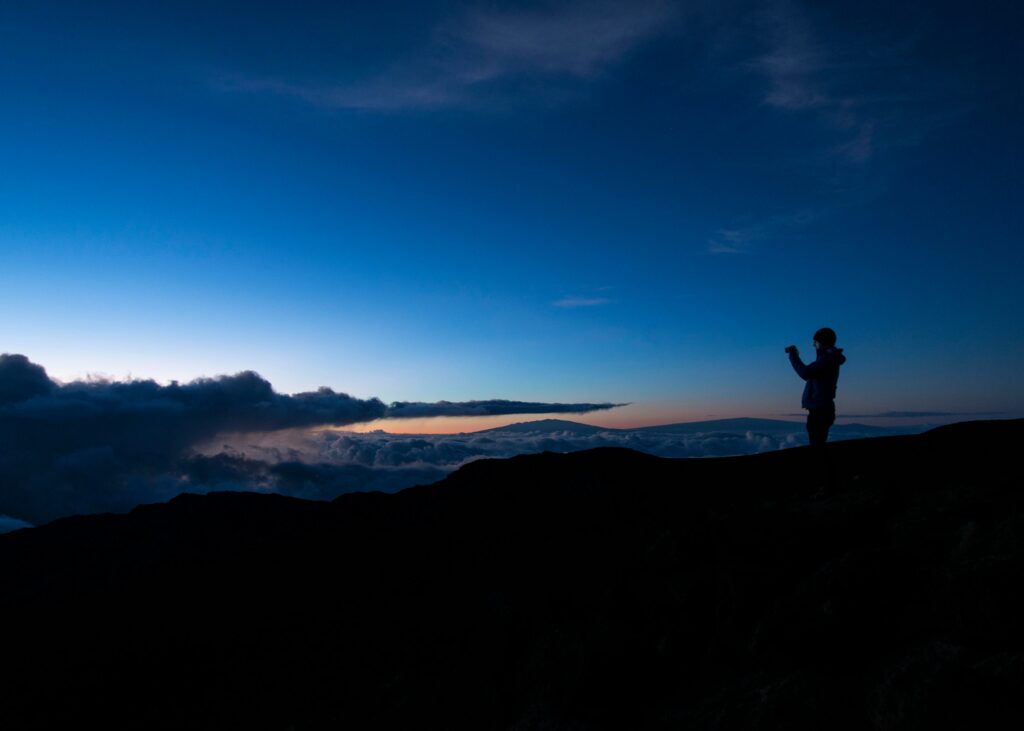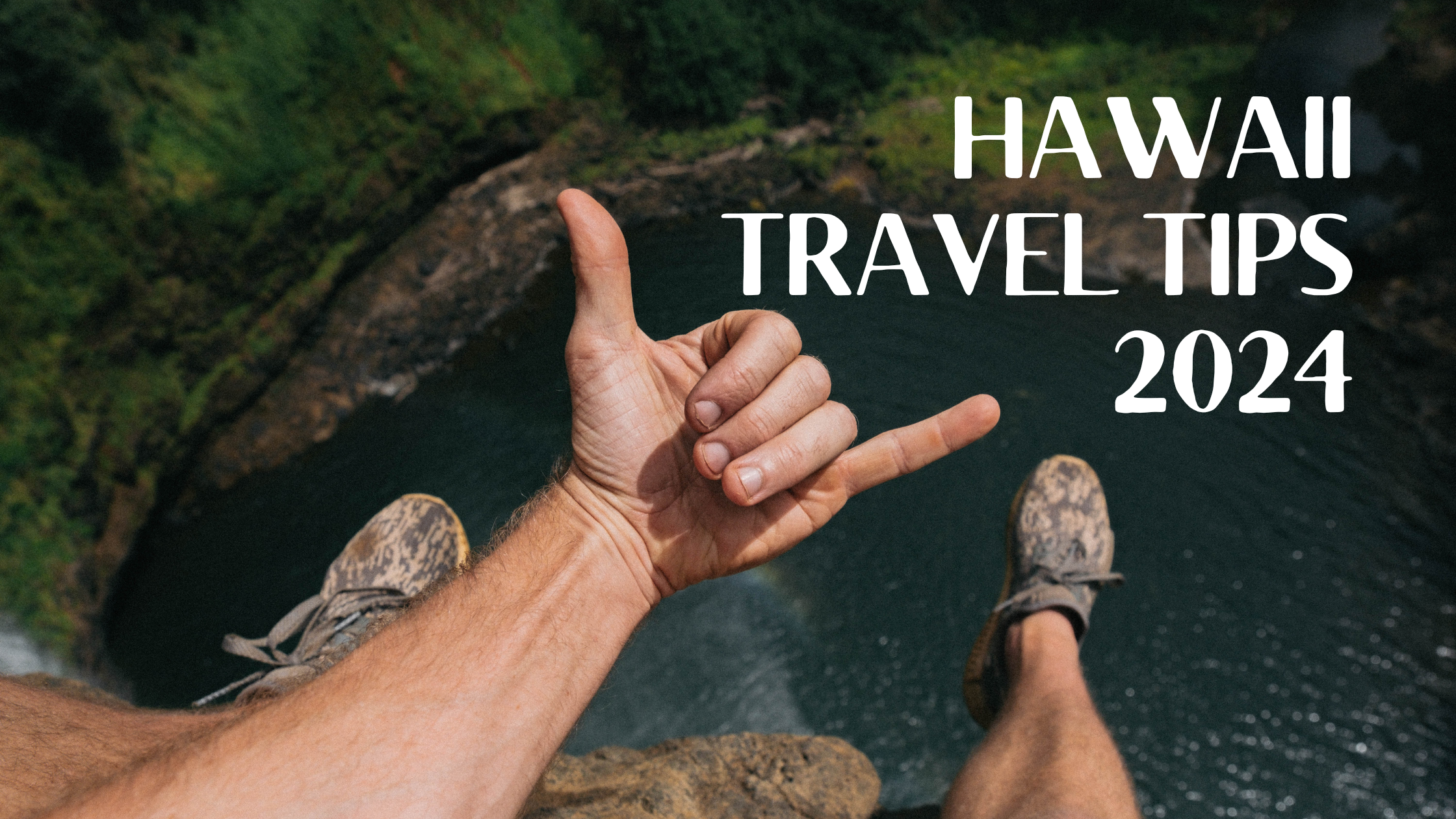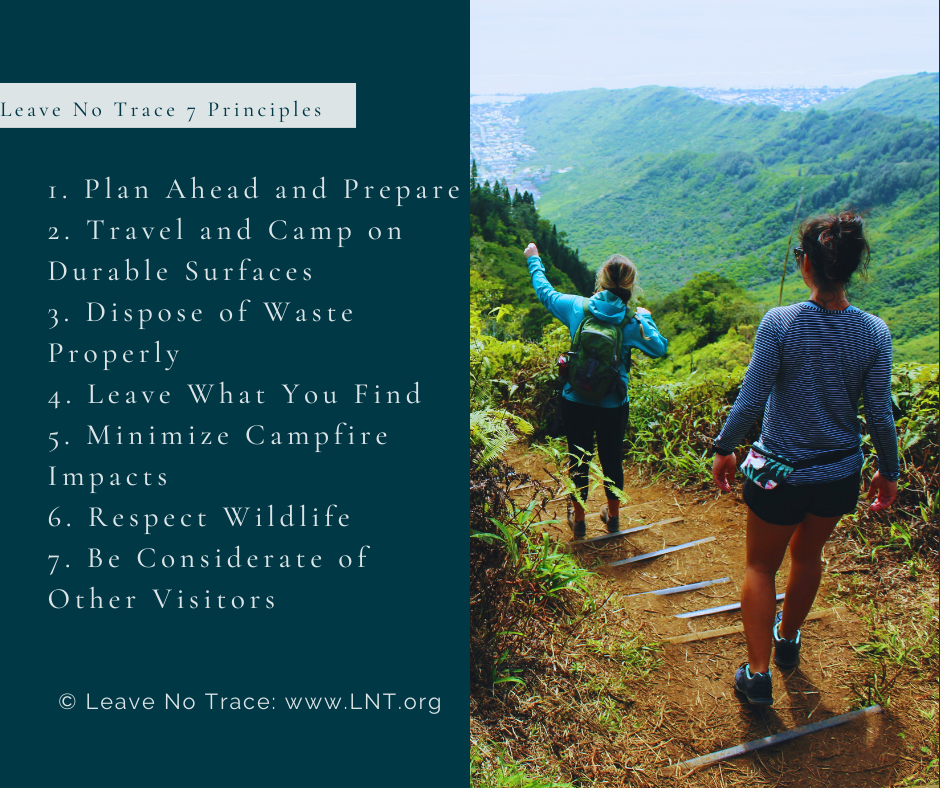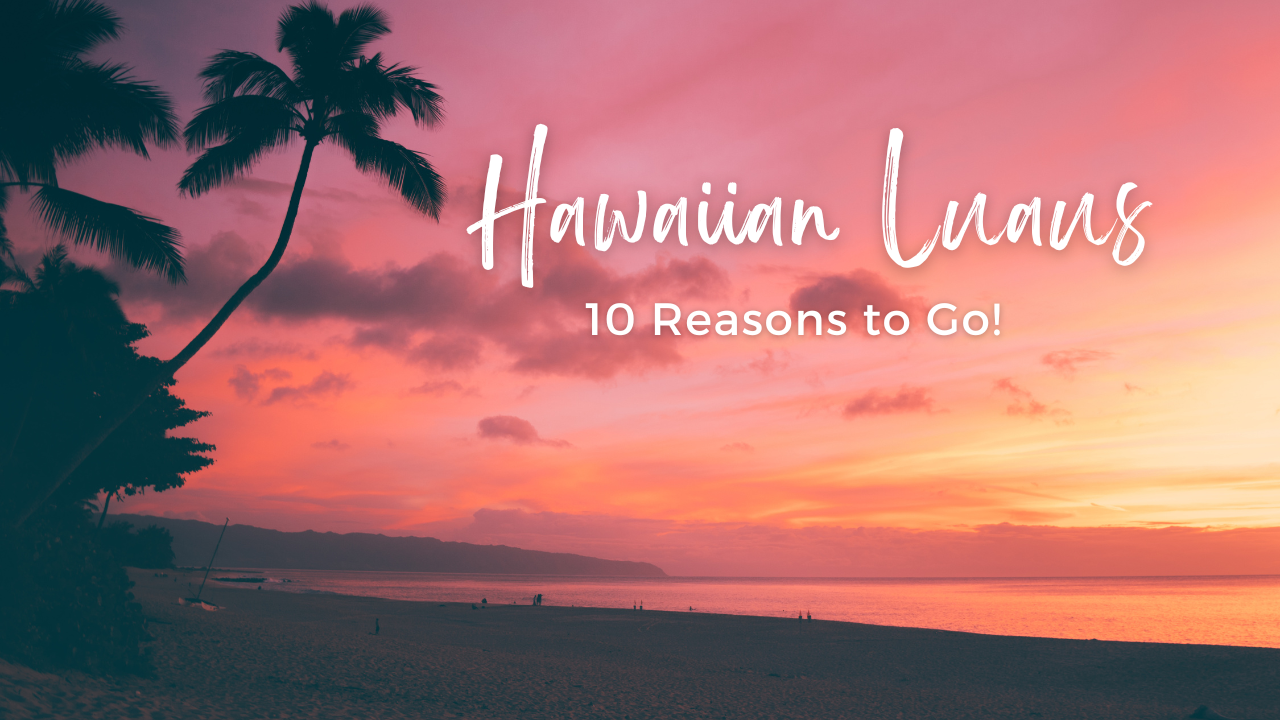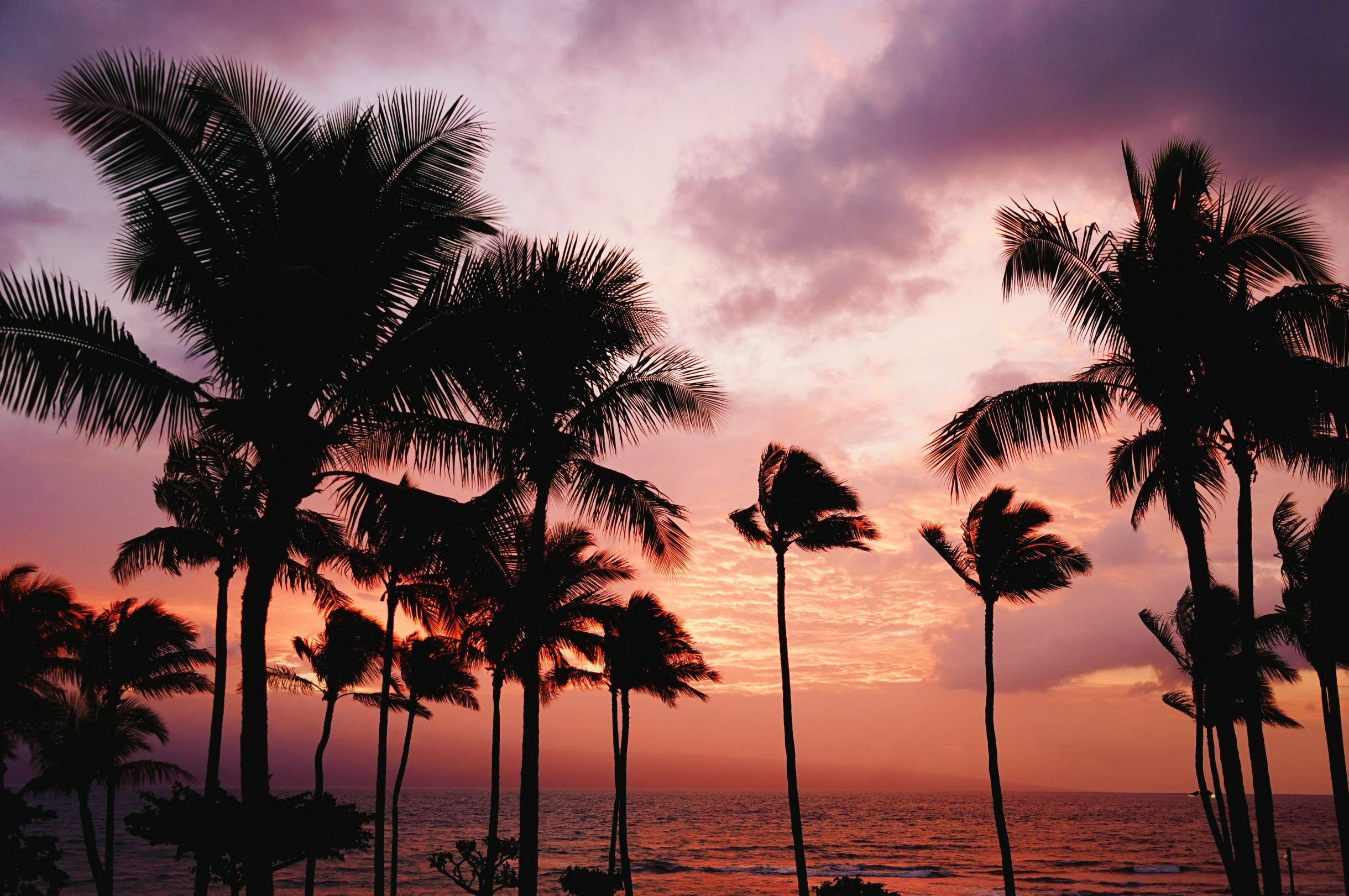Hawaii Travel Tips for 2024
by Suzanne G., February 23, 2024
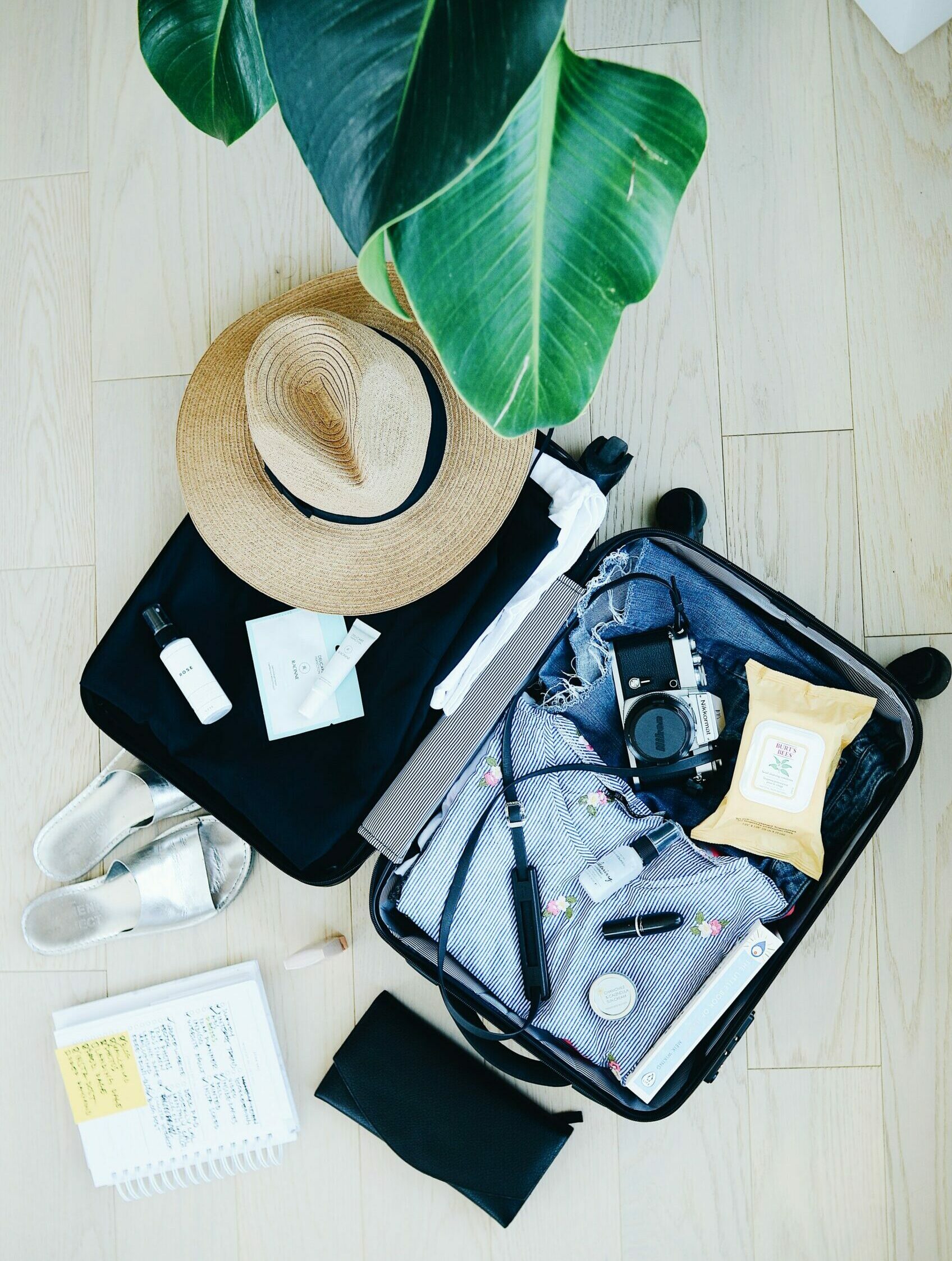
No matter what some headlines might say, Hawaii is still very much open for business.
Tourism is Hawaii’s biggest industry and accounts for about 23% of the state’s economy. So while there are some Hawaiians who would like to close the doors to tourists, most people don’t feel that way. And it would be virtually impossible to phase out the state’s biggest industry overnight even if everyone agreed.
So you can rest assured that if you travel to Hawaii in 2024 you will still be welcomed warmly by that famous Hawaiian hospitality. However, some things have changed. The pandemic and the tragedy on Maui have raised the stakes, and bad tourist behavior that may have been overlooked in the past is no longer acceptable. That said, responsible travelers are always welcome.
If you’re reading this, then obviously you want to give as much as you receive from your time on the islands. No one expects you to fix overtourism, but there are a few simple things you can do to be part of the solution.
Here’s how to travel responsibly in 2024:
1. Leave no trace.
LNT principles are a best practice both at home and whenever you travel. If you’re new to “leave no trace” here are the seven core principles:
2. Practice sustainability.
Hawaii is one of the most environmentally friendly states in the U.S. and we’d like to keep it that way. So no matter what you practice at home, adopt a “when in Rome…” attitude and go for green when in Hawaii. For travelers that means avoiding unnecessary waste and disposable products and being mindful about your choices while on vacation.
3. Drive with Aloha.
There’s no need for excessive speed, tailgating, and non-emergency honking here. You’re on vacation after all! Plan ahead, leave early, and always expect there to be traffic, because there almost always is. Also, know that parking is scarce and often expensive, and the parking spaces here are tiny compared to those on the mainland. If any of that stresses you out, do yourself a favor and consider skipping the rental car. You have plenty of other options.
4. Respect the land and the locals.
Please understand that 1.46 million people live in Hawaii and their lives don’t revolve around you. That doesn’t mean that you’re not welcome. Respect their homes, property, and privacy. Respect their labor and tip appropriately. Don’t park in their driveways, on their lawns, or in their reserved parking spaces. Also, keep in mind that some “trending” spots you see online could be privately owned or in prohibited areas, so do your research beforehand.
5. Keep secret spots secret.
Popular spots usually have enough infrastructure in place to support heavy visitation, but the lesser-known ones often don’t. If you find a great “secret” beach or an amazing view please keep it to yourself. Enjoy it, for sure, but refrain from geo-tagging or sharing the location on social media. Let’s protect these special places from getting too much attention online and the real-life destruction it can cause.
6. Support local small businesses.
When you support small businesses more of your money stays in the local economy. Although it may not always be crystal clear what is local, it is easy to determine what is not. Chain restaurants and shops that you find in every tourist destination are not likely to be locally owned. Meanwhile, the one-of-a-kind restaurants, shops, and tour providers most likely are. Farmer’s markets, fruit stands, and food trucks are another great way to connect with local vendors. And if you’re ever in doubt just ask a local!
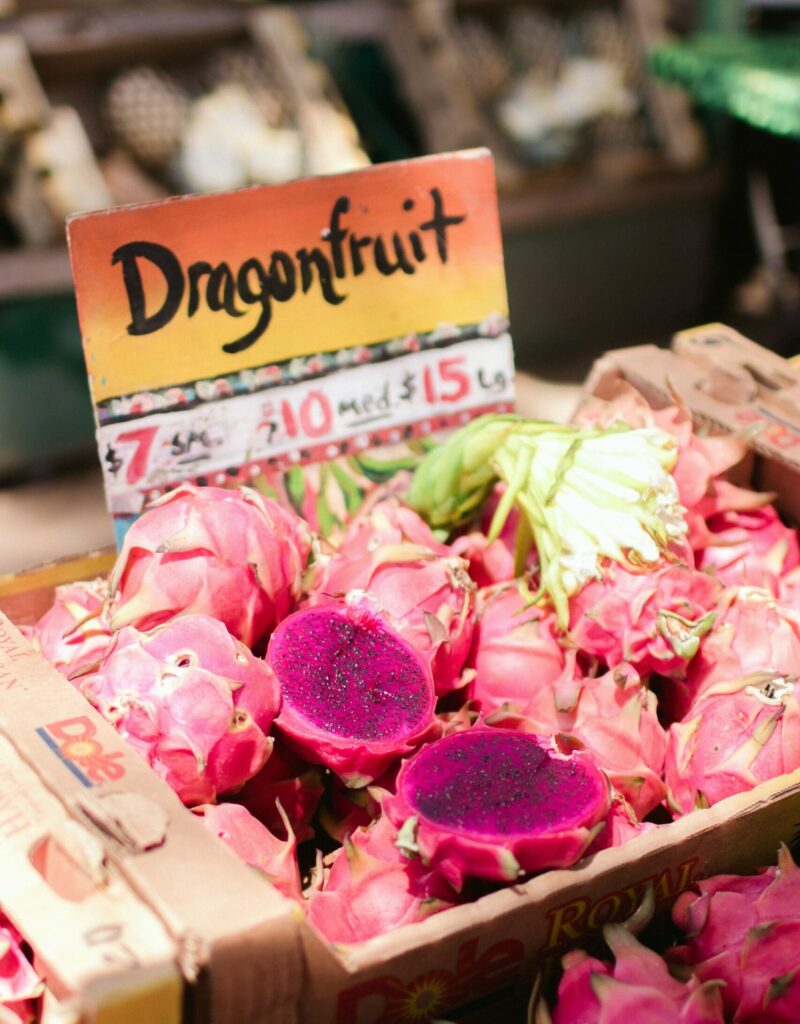
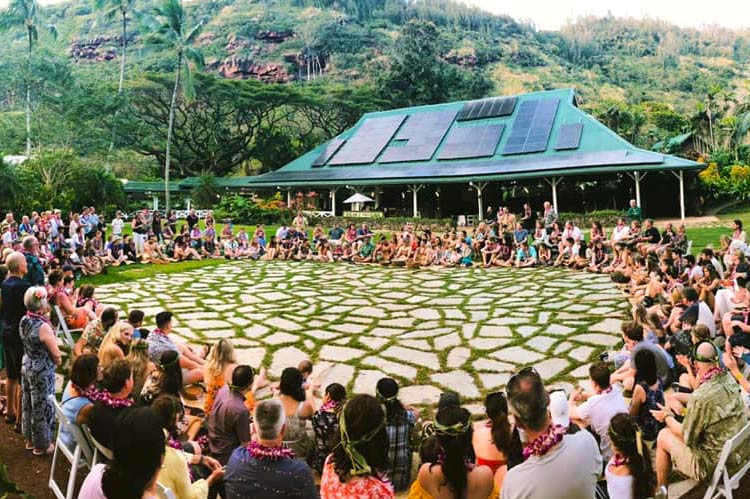
7. Support local side hustles too.
Don’t forget about the little guy! Plenty of locals support themselves through gig work, whether that is driving a Lyft or an Uber, renting their vehicles out on Turo, or delivering food through various platforms. Consider giving their services a try rather than the alternatives. One word of caution regarding home rental services, though. Hawaii is experiencing a housing crisis and vacation rentals are a big part of the problem. If you plan to use these services keep in mind that many rental properties are owned by out-of-state or foreign investors and entities. Remember that you can always ask the owners to clarify when looking at listings.
8. Learn about Hawaiian culture while you’re here.
Luaus are a fun, festive introduction to Hawaiian culture, but they’re not all created equal. Some luaus like Toa, Nutridge, and Mauka Warriors do their best to create rich cultural experiences for guests. Meanwhile, other luaus cater to tourists’ expectations and are culturally watered down by comparison. Both types are fine, and we certainly recommend attending one, just know that there’s so much more to Hawaiian culture than what you experience at a luau.
Some great ways to pack more culture into your vacation are to take tours with knowledgeable local tour guides, attend any of the many cultural demonstrations or festivals that are always happening, or visit one (or all) of the fabulous museums, botanical gardens, and cultural sites that dot every island and are open to the public. And don’t miss out on Honolulu’s Chinatown either. It is one of the oldest in the U.S. and is home to some of the best restaurants and the oldest and most interesting architecture on Oahu.
9. Educate yourself on Hawaii’s history and current issues.
If you don’t already know how Hawaii became a state, this article is a good place to start.
10. Don’t ask about the fires.
I shouldn’t need to write this, but curiosity occasionally gets the best of even the most well-meaning travelers. Just as you would not want someone asking you about tragic events while at work, no one in the service industry wants to discuss their grief and trauma with you. Ever.
All the tips listed above are good tips to keep in mind no matter where you travel, but they are especially crucial in Hawaii. The Hawaiian islands have a delicate ecosystem and a rich history that needs to be protected and preserved for future generations. And who knows? Someday Hawaiians may choose to close their doors to tourists to do just that. That would be a great loss for the rest of the world, which is why it is so important to embrace sustainable and ethical travel sooner rather than later.
